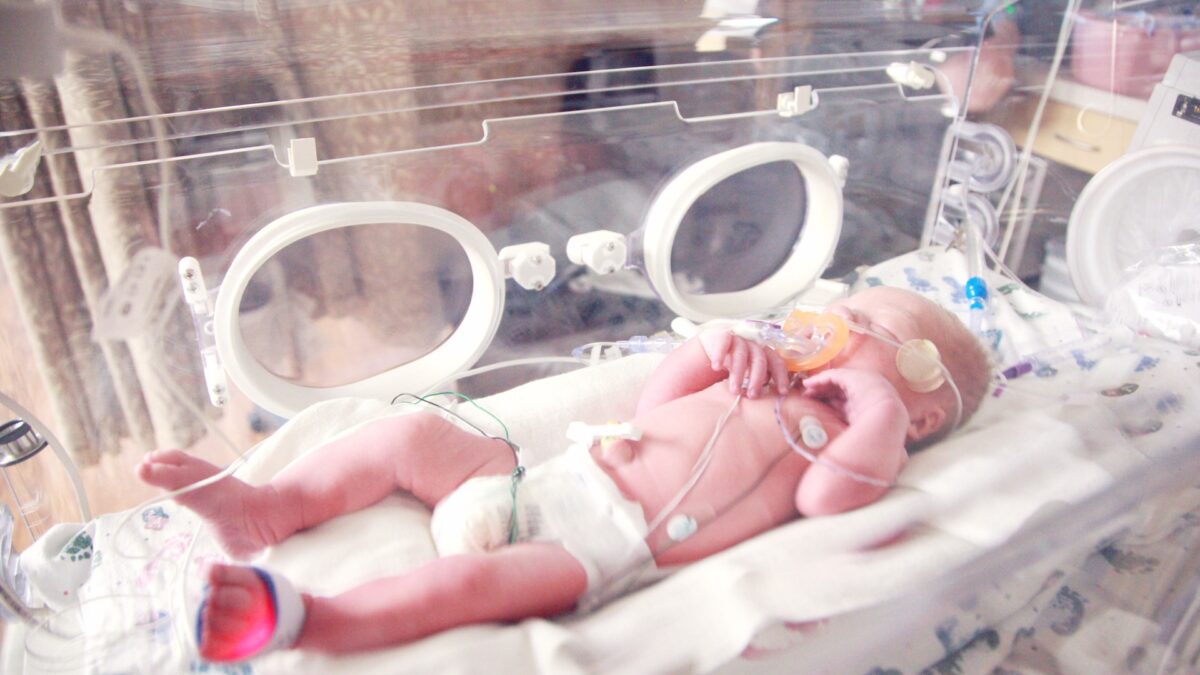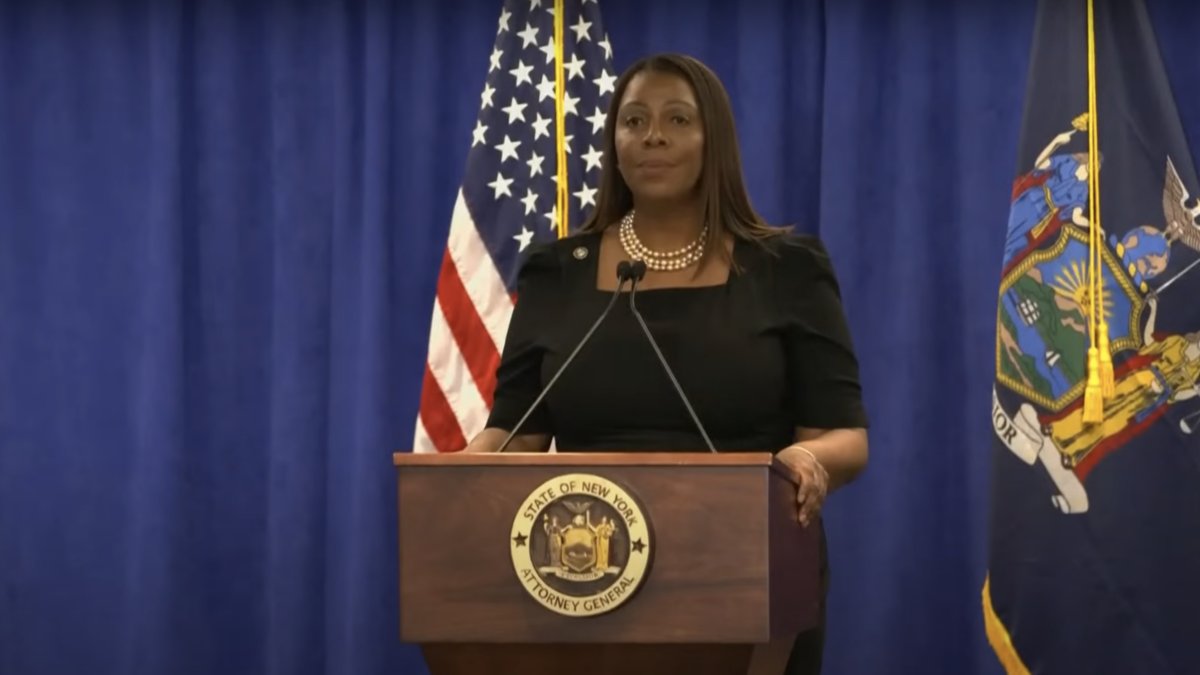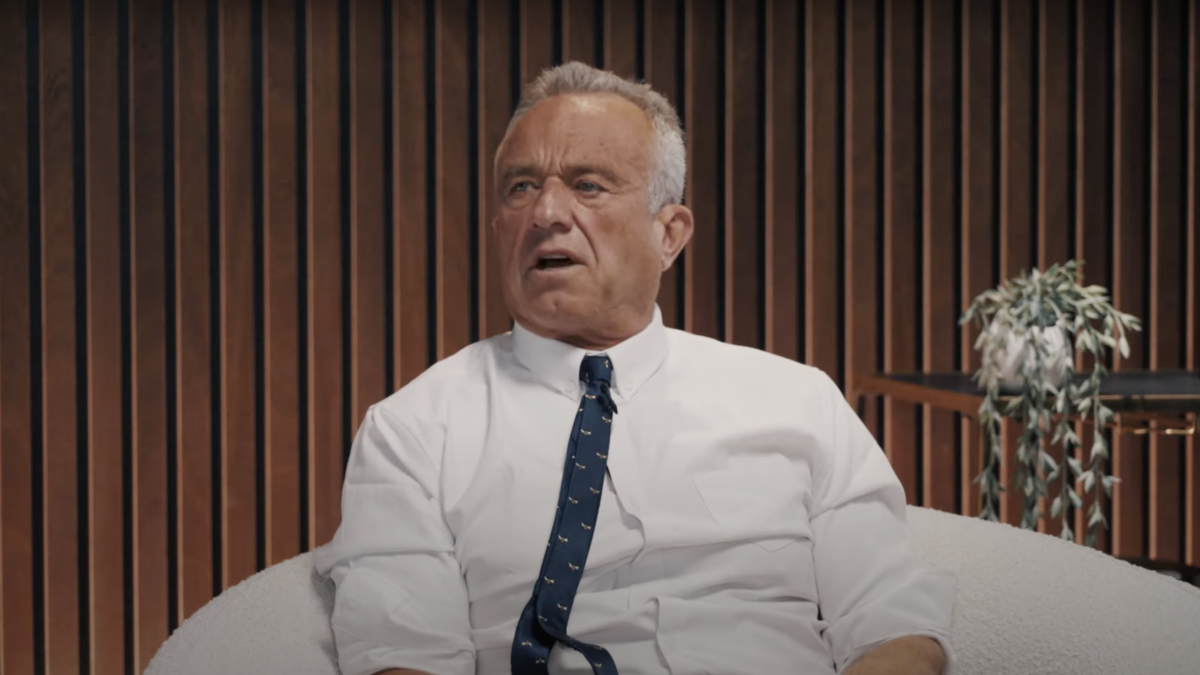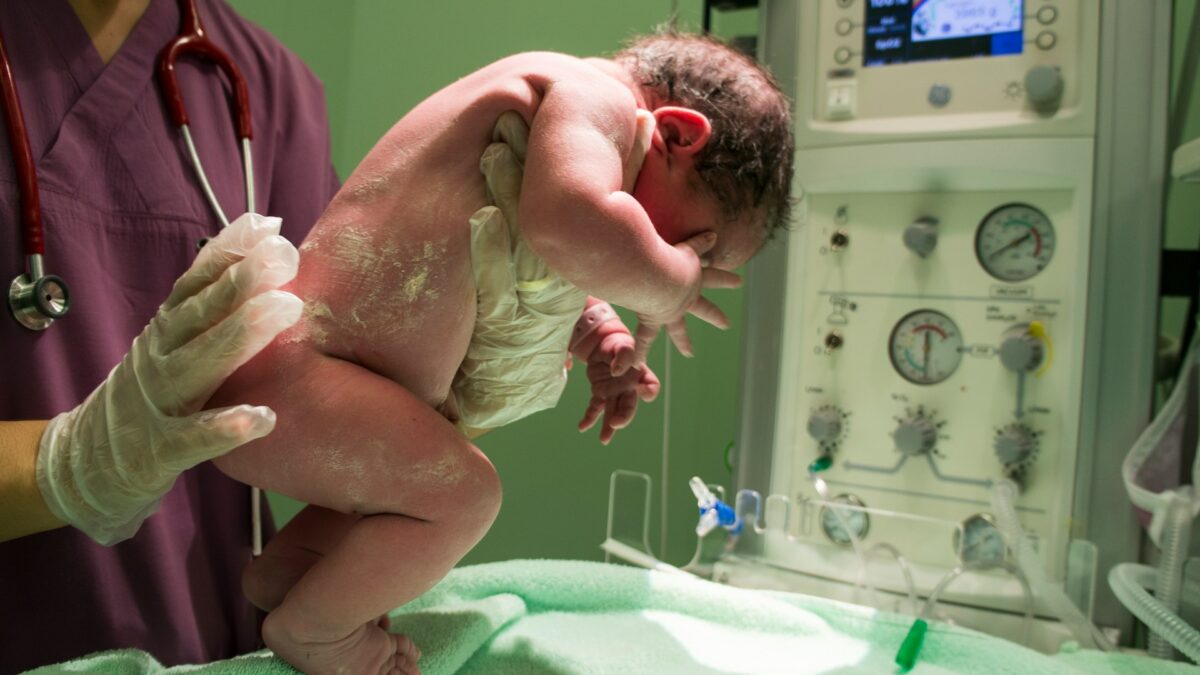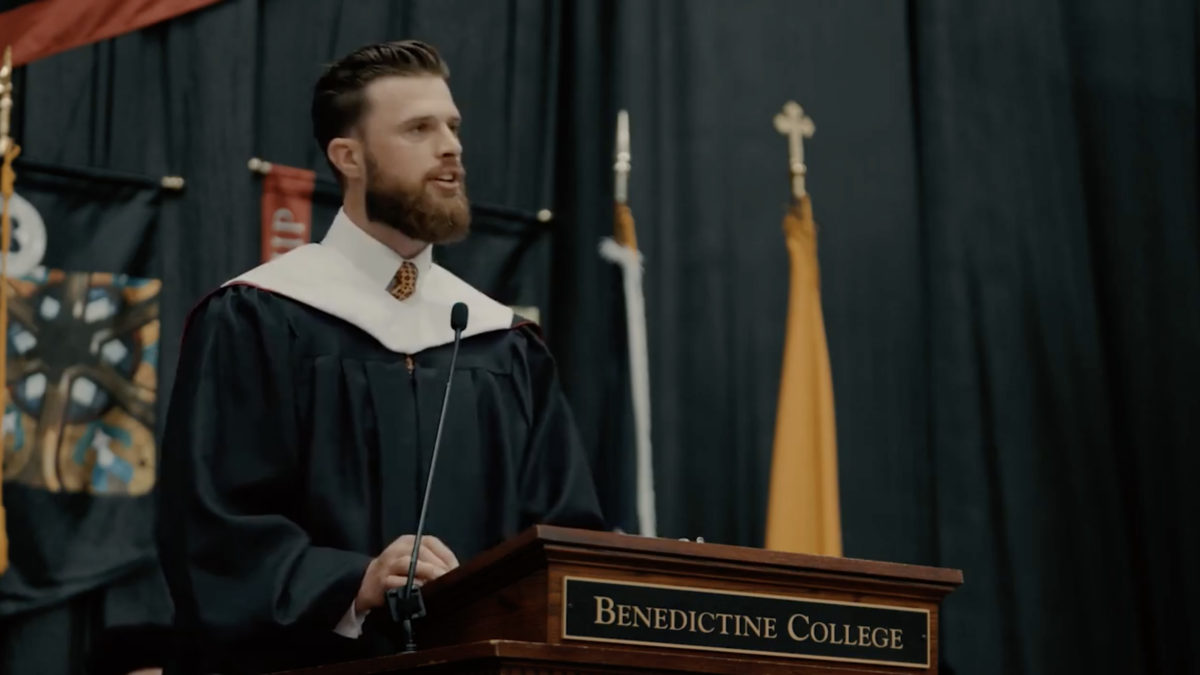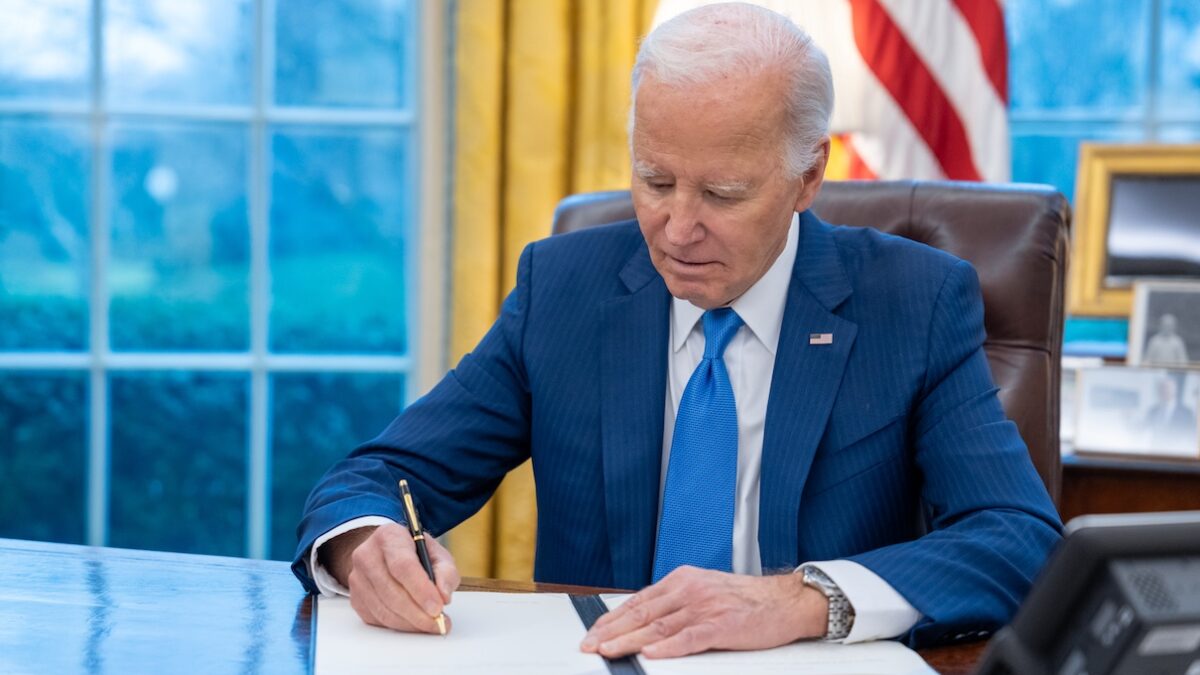Kate Cox, the woman at the center of the Texas firestorm surrounding medical exemptions to abortion bans, plans to travel out of state to procure an abortion linked to a fetal anomaly. Her child has Trisomy 18, a genetic disorder, and the court documents linked to Cox’s case do not demonstrate compelling evidence of maternal health risk that would allow her a medical exemption to receive an abortion. Cox was granted an exemption to Texas state law, one of the most restrictive in the country, last Thursday, but the exemption was halted by the Texas Supreme Court late Friday evening. Finally, late Monday night, the Texas Supreme Court ruled against the case of Cox v. Texas, stating that her pregnancy does not demonstrate “heightened risks” in order to fall under the medical provision available in Texas state law.
Cox is believed to be the first currently pregnant woman to litigate her right to abortion since the passage of Roe v. Wade in 1973, but she will not be the last. A pregnant woman recently filed suit in Kentucky to argue her right to abortion.
State lawmakers have much to celebrate with the recent passage of abortion bans in states like Kentucky, West Virginia, Tennessee, and more. However, Cox v. Texas demonstrates this work is just the beginning, and more legislation is needed to protect the rights of the unborn, particularly the disabled. States should expect increasing litigation arguing that fetal abnormalities place mothers’ lives at risk, and therefore fall under medical exemptions, as the Center for Reproductive Right’s Molly Duane is arguing on behalf of plaintiff Katie Cox.
Despite abortion bans passed in my home state of North Carolina earlier this year, disabled children are still at risk of being terminated because of their disability. North Carolina’s SB 20 enacted one of the more restrictive abortion bans in the country, limiting abortions after 12 weeks gestation except in specifically outlined instances.
Urgent legislation is needed to address holes in state statutes surrounding unborn children with fetal abnormalities. North Carolina’s SB 20 does outlaw terminations for Down Syndrome discovered after 12 weeks gestation, along with race and sex-selective abortions. However, this provision should be expanded to include children with any abnormality or genetic condition discovered in utero.
As Cox v. Texas demonstrates, children with other genetic conditions are at great risk across the country. Ms. Cox alleges that the current abortion ban targets her constitutional rights as a Texan, as she and her physicians believe continuing her pregnancy threatens her life and liberty, despite compelling evidence.
If Cox was a North Carolinian, she would have a legal right to abortion for this child until 24 weeks gestation. That is simply unacceptable. A disabled’s child right to life does not magically change at a certain gestational age but is present from the time of conception.
States that have passed abortion restrictions need to understand that provisions explicitly protecting disabled children are critical to the pro-life position. The power of the state should be focused on protecting the truly vulnerable. As it stands, current North Carolina law is discriminatory, stating that although a woman does not have a right to abort a child because of sex, race, and presence of Down Syndrome past 12 weeks gestation, abortion for the presence of other fetal abnormalities up to 24 weeks is fair game.
Lawmakers need to be prepared for the possibility that even with bans limiting abortion after a later gestational age, advocates will find a way to link maternal health outcomes to the presence of fetal abnormalities, despite evidence.
When my own son was diagnosed with a set of fatal birth defects at 17 weeks gestation here in North Carolina, it was indeed devastating, but my health was not at risk. My son and those like him deserve the same protection that is afforded to unborn children with Down Syndrome under North Carolina law. Anything less is not acceptable. Diagnosis of a particular disability should not threaten a child’s right to life, whether in the womb or out of it, or cause a mother to egregiously argue that her child’s disability threatens her life.
My son, David, is a bright reminder that sometimes children blessedly outperform their fatal diagnoses and chart their own trajectories. David is miraculously still living, because I protected his right to life. A state can legislate, a doctor can guess, but only a mother can love.
